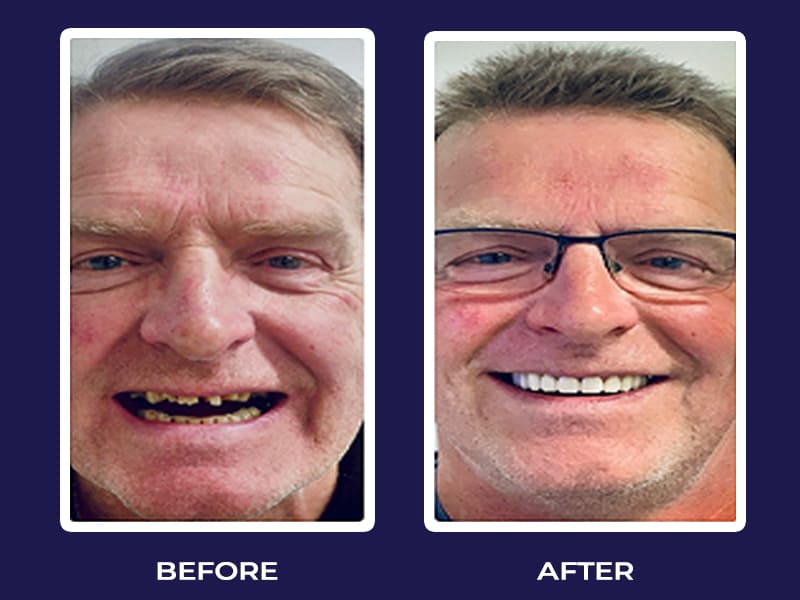
Dental Health and Diabetes- All You Need To Know
January 30, 2022
In this blog, we want to explore the connections between diabetes and oral health. If you ask any dentist they’ll tell you that the mouth gives a good representation of a person’s health and this is no different with diabetes. Diabetes and teeth are not something we think about in conjunction; however, there are some impacts diabetes can have on your oral health.
Let’s start with what is diabetes.
Diabetes is a lifelong condition that causes the body’s blood glucose levels to become high, and in many cases needs medical intervention to stabilize. For those without diabetes, insulin helps to stabilize our blood to contain a normal blood sugar level.
There are two types of diabetes and these are:
type 1 diabetes – where the body’s immune system attacks and destroys the cells that produce insulin
type 2 diabetes – where the body does not produce enough insulin, or the body’s cells do not react to insulin
What are the diabetes symptoms?
Symptoms of diabetes can include increased thirst and urination, increased hunger, fatigue, blurred vision, numbness or tingling in the feet or hands, sores that do not heal and unexplained weight loss. These symptoms are often heightened during higher blood sugar levels.
Now, let’s take a look at diabetes and the dental problems associated.
1. Increased risk of bacteria in the mouth
When our glucose levels increase, more glucose can be found within the saliva, this is the perfect environment for bacteria to grow. High levels of bacteria can create plaque buildup. Plaque buildup can cause an array of issues from gum disease to tooth decay.
2. Increased risk of gingivitis and gum disease
As mentioned in the point above an increase in plaque can lead to a condition called gingivitis. Gingivitis typically includes the inflammation of gums and you may even notice that your gums bleed when your brush or floss.
If gingivitis is not treated it can lead to gum disease, in this case, the gums can move away from the teeth creating pockets within the gum. These pockets then become infected over time, and your body fights the infection whilst the plaque continues to build up, however, in the process the gums, bone and tissue supporting the teeth can deteriorate. If left, gum disease can cause tooth loss, gum recession and even bone deterioration in the jaw.
It’s important to react quickly if you believe you have gingivitis or gum disease, your dentist has a range of procedures that can help you, from a simple hygiene appointment to medication.
3. Dry mouth
A common symptom of diabetes is a dry mouth, whilst this may seem innocent, it can cause issues as the higher levels of glucose in saliva can cause tooth decay. A dry mouth can also lead to oral thrush, so it is important to manage this symptom of diabetes.
If a dry mouth is something you’re experiencing we recommend:
Ensuring your blood sugar levels remain normal
Keeping yourself hydrated and keep sipping on water
Brush your teeth after each meal
When it comes to protecting your oral health as someone with diabetes, prevention and awareness are very much the best way of doing so. A top recommendation is to visit your dentist regularly for checkups and hygiene appointments. Your dentist will be able to detect changes in your oral health and recommend a course of treatment if needed.

 Head Office - UK - Unit 1 B 132 Weyhill Road, Andover, Hampshire England, SP10 2PR.
Head Office - UK - Unit 1 B 132 Weyhill Road, Andover, Hampshire England, SP10 2PR. 









